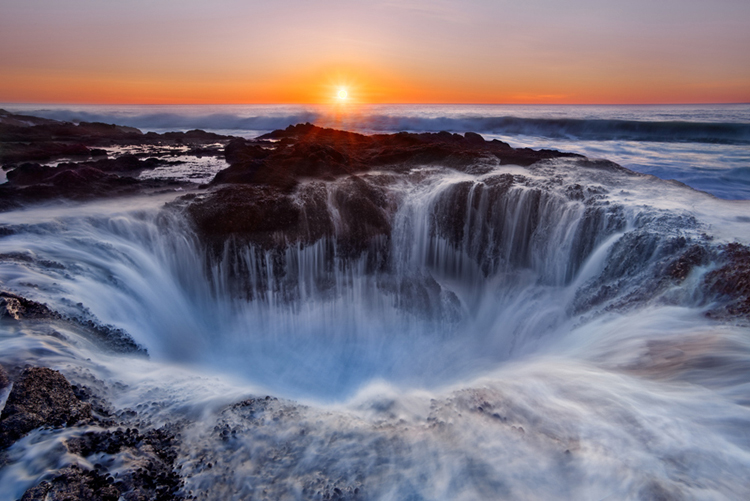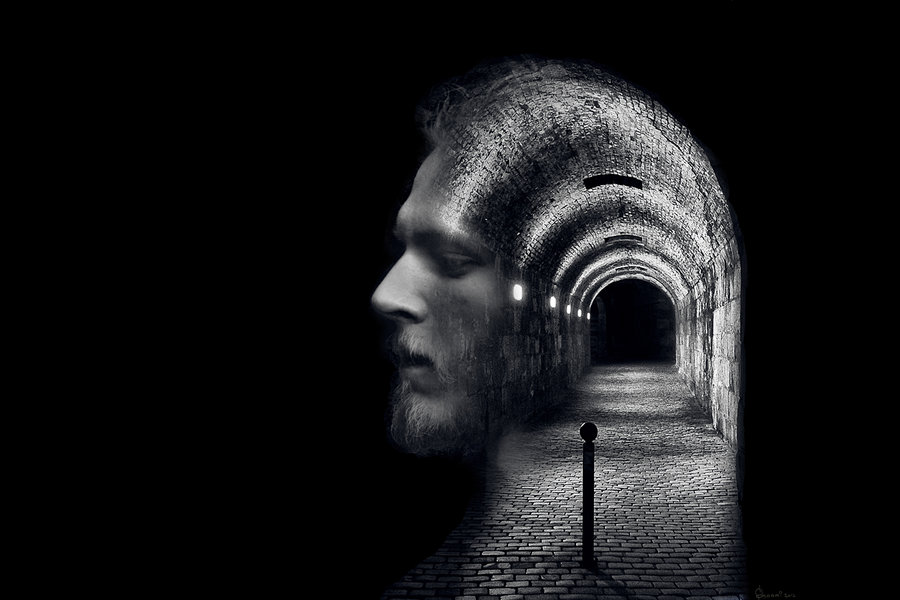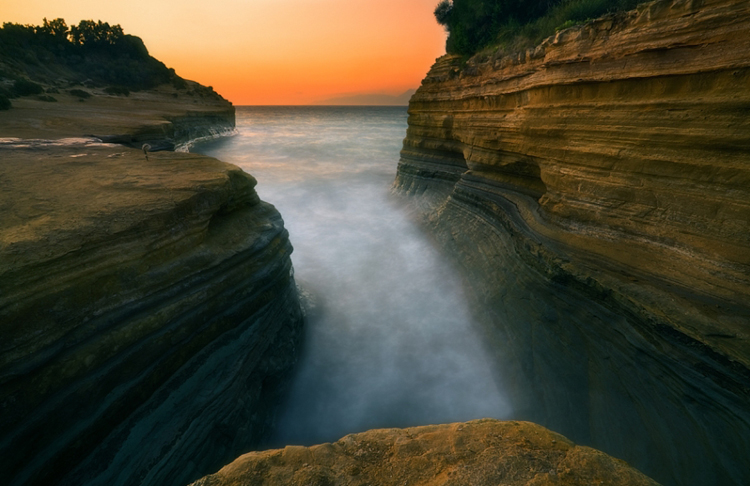Like many adults, I feel I misspent my youth. But one true thing stands—the philosophical investigation I doggedly pursued for 15 years, through various jobs, colleges and moves. It flowed from this question: Why are humans generating increasing disorder and chaos, when we evolved along with all other life, and life moves in dynamic order and wholeness?
 From the beginning, while still in my teens, I saw that human destructiveness on this planet is a byproduct of the evolution of symbolic thought. Can we consciously bring insight into thought, and end its domination in the brain and society? I’m sure we can, but most so-called educated people are too attached to the intellect to do so.
From the beginning, while still in my teens, I saw that human destructiveness on this planet is a byproduct of the evolution of symbolic thought. Can we consciously bring insight into thought, and end its domination in the brain and society? I’m sure we can, but most so-called educated people are too attached to the intellect to do so.
A person, people, and sentient species only gets so many chances to cease doing harm, and truly begin learning. As a people we are not learning, and as a species we are not learning. That doesn’t mean we can’t, or won’t, but it is the unfortunate fact.
At the same time, there is tremendous urgency, because man is decimating the Earth. And if humans go too far, and destroy the beauty, diversity and cleansing capacity of the Earth, we will have destroyed ourselves. Why does that matter?
The human being matters because we can consciously perceive the beauty of the Earth, which is one of the most beautiful planets in our galaxy. The human being matters because evolution has endowed us with a brain that has the capacity to have direct contact with the awareness and intelligence that permeates and underlies the cosmos.
If we fail to awaken intelligence within us and bring about a revolution in consciousness, and thereby change course, the experiment in consciousness will have failed on this planet.
Cosmic intelligence will shed a tear, and move on. That’s undoubtedly happened on other planets with other sentient species. Homo sapiens doesn’t matter that much.
Things hang in the balance with humankind. I’m sure there is no alternative except a psychological revolution, though I see no evidence of it. It may be the darkest hour before the dawn, but there are apparently very few people working for it.
All this quite contrary to Buddhist philosophy, at least as its been transplanted to the West, which is disturbingly self-satisfied and self-comforting. Western Buddhism at least maintains there are no limits in lifetimes, and minimizes the importance and urgency of radical change in human consciousness. This has resulted in ‘the Earth will heal itself after man destroys himself’ mentality, which has become prevalent in some circles, and is deeply misanthropic.
The basic insight is that when ‘higher thought’ evolved, it gave us the neural capacity for conscious awareness, but without self-knowing and insight into thought, man became the destructive creature we are today.
Therefore thought-based consciousness represents not a progression of evolution, as Teilhard de Chardin maintained, but produces a growing crisis in the species in which it evolves. Each sentient species has to resolve that crisis before it becomes too late, before they fragment their planets and themselves all to hell.
Thought is inherently separative, and as long as consciousness is based on it, as ours is and has been since the emergence of ‘modern man’ about 100,000 years ago, we can’t stop separating and fragmenting. We’re all Sorcerers’ Apprentices, which is why methodless meditation is so important. Right observation quiets the mind, ends separativeness and opens the brain to insight and the sacred.
Consciousness as we know it (based on separation and memory) is both a necessary evolutionary step to awareness, and leads inexorably to a crisis of fragmentation.
These insights have a simplicity, symmetry and terrible beauty to them. When one reflects on man from this perspective, one can’t help but feel compassion for what Robinson Jeffers called “the poor doll humanity.”
Thought-based consciousness may be a crucible, but we certainly can’t take comfort, much less pride in our intellects, since man is decimating the earth with it, and destroying our spiritual potential in the process. To date, there is no evidence that we’re changing course.
This is humankind’s urgent dilemma, and it can only be resolved in the individual, who will then give rise to a revolution in human consciousness. How many true individuals will it take? Only God knows, and maybe not even She.
Liberation requires self-knowing and self-observation—without reliance on methods or techniques or traditions, which after all are all still products of thought.
Very few people care about such things, and the vast majority that have considered them at all find some kind of intellectual escape. Especially in some clever version of relativism and particularity, according to individualistic temperament, such as what transplanted Buddhism offers. We are all Greeks in the West, and the wisdom of ancient India cannot be grafted onto rotting Western civilization.
No one can compel, much less force anyone to see these things, and share in the inquiry and the work of human transmutation. I met a woman the other day that said she was ‘blissing out’ in the park. When we touched on these things, she became upset, and talked about how insignificant humankind is. That’s just plain self-fulfillingly wrong.
Why have so many people quit? Don’t quit on humanity, which is really oneself. And if you have, rejoin the human race. It’s still being run.
Martin LeFevre

